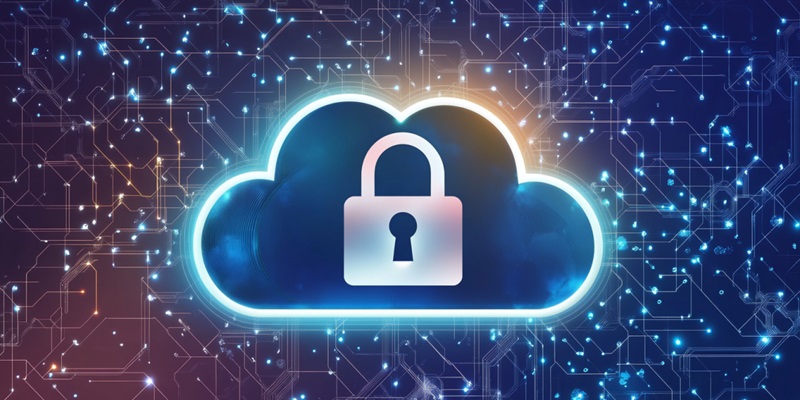In a landscape increasingly fraught with cybersecurity threats, Akamai Technologies has unveiled significant enhancements to its cloud security and Zero Trust solutions. The move, driven by findings in the Verizon 2024 Data Breach Investigations Report, underscores the urgent need for fortified security measures. The report revealed that a staggering 32% of breaches involved ransomware or extortion, highlighting the necessity of a comprehensive Zero Trust framework to protect sensitive data and systems. Akamai’s upgraded offerings aim to tackle these challenges head-on by incorporating advanced security controls and improving application performance across hybrid and multicloud environments.
Akamai’s Guardicore Segmentation now boasts agentless enforcement for platform-as-a-service (PaaS) resources in both Azure and AWS, enhancing visibility and security controls without the need for individual agents. This update facilitates comprehensive monitoring and protection of assets across diverse deployment environments, seamlessly integrating with on-premises infrastructure. Key benefits include agentless cloud-native visibility, a hybrid enforcement engine that adapts to various use cases, integrated reputation analysis for proactive threat detection, and scalable security to handle large workloads efficiently. By leveraging these advanced features, organizations can achieve more robust security postures and reduce the risk of sophisticated cyberattacks.
The enhancements did not stop there, as Akamai also updated its Enterprise Application Access product. This solution capitalizes on Akamai Connected Cloud’s edge delivery and distributed cloud capabilities to ensure secure and efficient application access for global workforces. Designed to reduce user frustration caused by slow applications, it can operate independently or seamlessly integrate with the Akamai Guardicore Platform. Senior Vice President and General Manager of Enterprise Security at Akamai, Ofer Wolf, emphasized that the updates are intended to improve productivity by minimizing delays and reducing IT support calls. This aligns with the organization’s commitment to fostering a more productive and secure digital environment for businesses worldwide.
Future Trends in Zero Trust Networking
In an era of escalating cybersecurity threats, Akamai Technologies has introduced significant upgrades to its cloud security and Zero Trust solutions. Prompted by findings from the Verizon 2024 Data Breach Investigations Report, which exposed that 32% of breaches involved ransomware or extortion, Akamai aims to address the pressing need for enhanced security. Their advanced solutions integrate more sophisticated security controls and optimize application performance in hybrid and multicloud environments.
Akamai’s Guardicore Segmentation has been improved with agentless enforcement for platform-as-a-service (PaaS) resources in Azure and AWS, boosting visibility and security without the need for individual agents. This enables thorough monitoring and protection of assets across varied deployment settings, seamlessly tying in with on-premises infrastructure. Benefits include agentless cloud-native visibility, a hybrid enforcement engine adaptable to multiple use cases, integrated reputation analysis for proactive threat detection, and scalable security to manage large workloads efficiently. These features help organizations bolster their security stance and mitigate the risk of complex cyberattacks.
Additionally, Akamai has upgraded its Enterprise Application Access product, harnessing the Akamai Connected Cloud’s edge delivery and distributed cloud capabilities for secure, efficient application access. Designed to reduce delays and lower IT support calls, it can function independently or integrate with Guardicore. Ofer Wolf, Akamai’s Senior VP and GM of Enterprise Security, highlighted that these enhancements aim to boost productivity and security for global businesses, reinforcing Akamai’s dedication to creating a safer digital environment.

